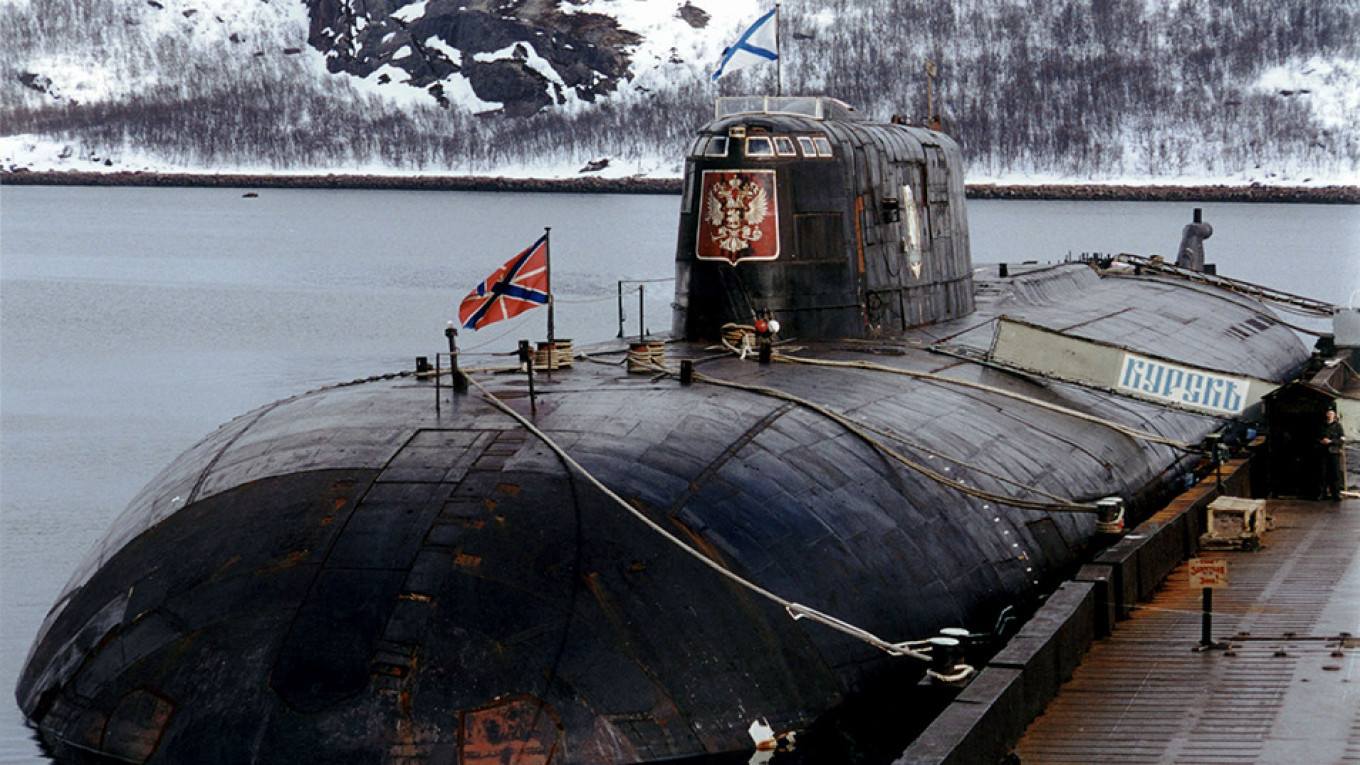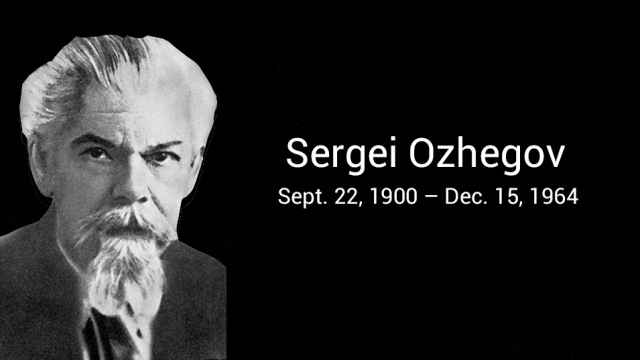On Aug. 12, 2000, the nuclear submarine Kursk sank, killing all on board: 118 crew members.
President Vladimir Putin, then in his first term as president, was faced with intense criticism over his handling of his first national disaster.
The catastrophe took place in the Barents Sea on the first Russian naval annual exercise that had been held in more than a decade. An initial explosion was followed by a second much larger one, registering 4.2 on the Richter scale in places as far as Alaska. The Russian Navy, however, failed to realise that the submarine had sunk and rescue efforts were not initiated for at least another six hours. It took another five hours for the sinking to be declared an emergency. By then, 11 hours later, all crew members were dead, but it would take another 16 hours for the sunken submarine to be located and more days still for the extent of the tragedy to become known. For this, the Navy was seen as slow and inadequate.
Further criticism was leveled at how news of the disaster was disseminated. It was suggested that the submarine had hit an old World War II mine, or even that a U.S. submarine had sunk the Kursk. Drawing more public criticism, Putin, who was then on vacation at a seaside resort, refused international help and only accepted assistance from Britain and Norway five days after the accident.
Seven days after the sinking of the submarine, Norwegian divers finally were able to enter. There were no survivors.
Many months later, after the wreck was raised to the surface, the official investigation showed that the first explosion was caused when the crew was loading a dummy torpedo and a faulty weld leaked high-test peroxide. That mixed with the torpedo's kerosene fuel and exploded, destroying the bulkhead between the first and second compartments and probably killing the control room crew. The submarine was on the bottom of the sea when the fire from the first explosion triggered five to seven warheads. Although the nuclear reactors powering the submarine shut down safely, most of the ship was destroyed. Only 23 crew members managed to make it to a small compartment, where they stayed alive for about six hours. They were killed when the crew members tried to replace a chemical oxygen cartridge, which fell into the oily sea water and exploded. The explosion killed several of the men; the rest died of suffocation when the insuing fire consumed what oxygen was left.
Two years after the disaster, a summary of the government’s top-secret investigation was released to Russia’s Rossiyskaya Gazeta newspaper. In this summary it was revealed that “stunning breaches of discipline, shoddy, obsolete and poorly maintained equipment” was the cause, along with “negligence, incompetence and mismanagement.”
No justification was found for the delay in rescue missions, and the Russian Navy was concluded to have been completely unprepared.
The country and world responded with an outpouring of sympathy. The Moscow Times received many letters of condolence to the families and friends of the crew members, and indeed to the entire country.
A Message from The Moscow Times:
Dear readers,
We are facing unprecedented challenges. Russia's Prosecutor General's Office has designated The Moscow Times as an "undesirable" organization, criminalizing our work and putting our staff at risk of prosecution. This follows our earlier unjust labeling as a "foreign agent."
These actions are direct attempts to silence independent journalism in Russia. The authorities claim our work "discredits the decisions of the Russian leadership." We see things differently: we strive to provide accurate, unbiased reporting on Russia.
We, the journalists of The Moscow Times, refuse to be silenced. But to continue our work, we need your help.
Your support, no matter how small, makes a world of difference. If you can, please support us monthly starting from just $2. It's quick to set up, and every contribution makes a significant impact.
By supporting The Moscow Times, you're defending open, independent journalism in the face of repression. Thank you for standing with us.
Remind me later.






